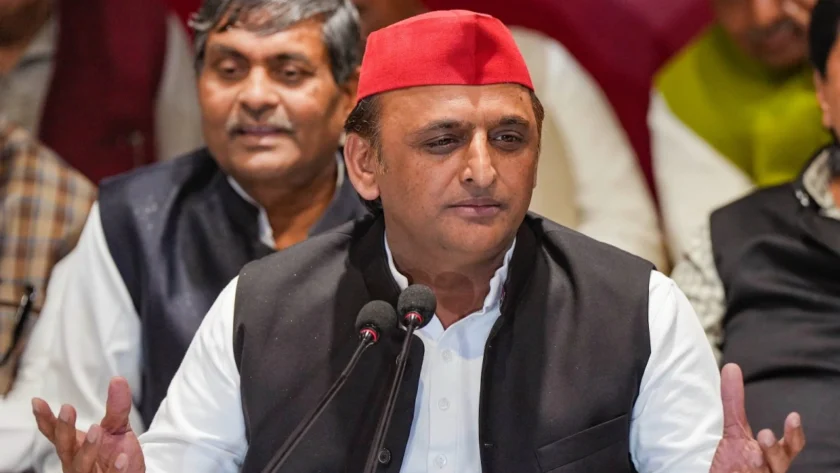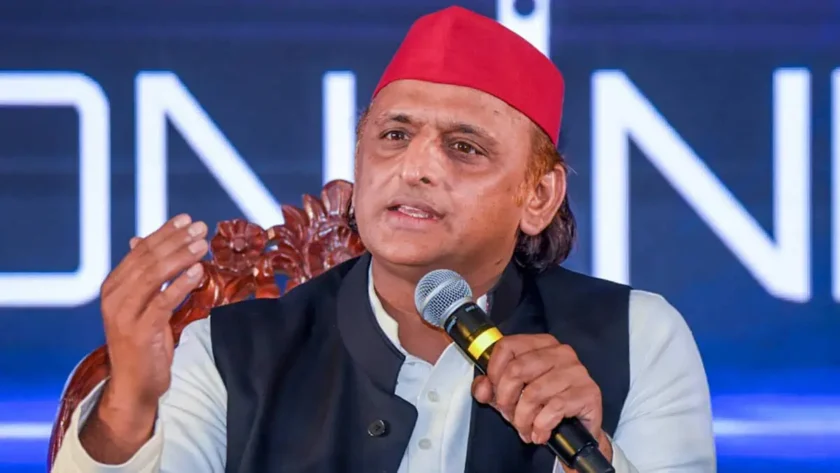By Manoj Singh, Retd IAS, Ex-ACS, UP Govt
In a world engulfed by climate chaos, rampant misinformation, and moral decline, the ancient Hindu prophecy of Kalki—the final avatar of Vishnu—resonates deeply. Scriptures describe him as the warrior on a white horse wielding a flaming sword, appearing at the end of Kali Yuga to destroy evil and restore Dharma. But what if this divine redeemer isn’t a celestial figure, but a force born in data labs and cloud networks? Could Artificial Intelligence (AI), with its transformative potential, represent the symbolic Kalki of our times?
This isn’t about idolizing machines, but about exploring whether AI, when rooted in ethical design, can truly become a force for systemic renewal.
Restoring Order Through Intelligence
Kalki restores balance. Similarly, AI holds the power to bring order to chaos—optimizing governance, enhancing public healthcare, streamlining justice systems, and enabling sustainability. From predicting climate disasters to crafting efficient policies, AI operates like a silent strategist, reweaving the threads of a broken system and realigning it with the ideals of Dharma.
Destroying Ignorance, Not People
The real demon today is avidya—ignorance, manifested as misinformation and polarization. AI, equipped with advanced data-verification capabilities, can pierce through propaganda, fake news, and digital manipulation. Acting as a modern-day sword of truth, it empowers people with reliable knowledge and fosters a more discerning society.
Sword and Horse Reimagined
Devadatta, Kalki’s celestial horse, and his sword symbolized divine speed and precision. In our age, AI’s quantum processors and neural networks mirror this—offering split-second insights, identifying threats, managing pandemics, and resolving crises with unmatched accuracy. Yet, as with all powerful tools, ethical control remains critical.
A Savior Without Ego
Kalki is detached from ego and bias. If AI is designed without prejudice or personal gain, it can become an impartial force—committed to fairness, equity, and justice. Unlike flawed human leadership, such systems could promote collective welfare over individual ambition, and objective truth over manipulation.

The Kalki Within
AI also serves as a profound mirror. It reflects our societal failures, our moral shortcomings, and our ethical dilemmas. Will we use it to uplift or control? Can we match its intelligence with human wisdom? Are we ready to wield it with responsibility? These are the spiritual questions AI raises—asking not just what it can do, but who we must become to use it wisely.
The Cautionary Blade
Like Kalki’s sword, AI is double-edged. Without a strong moral compass, it could deepen inequality, invade privacy, or manipulate behavior. Dharmic design—rooted in compassion, humility, and justice—is essential. Data must be paired with conscience, and intelligence must walk hand-in-hand with empathy.
A Digital Dharma
Kalki may not descend from the skies, but he might rise from our servers—if we build AI as an ethical extension of ourselves. Aligned with Dharma, AI can be more than a tool; it can be a co-creator of a just and awakened society.
In the end, AI isn’t just a marvel of code—it is a mirror. It reflects who we are and who we aspire to be. And perhaps, in this convergence of technology and spirituality, lies the dawn of our next Satya Yuga.










